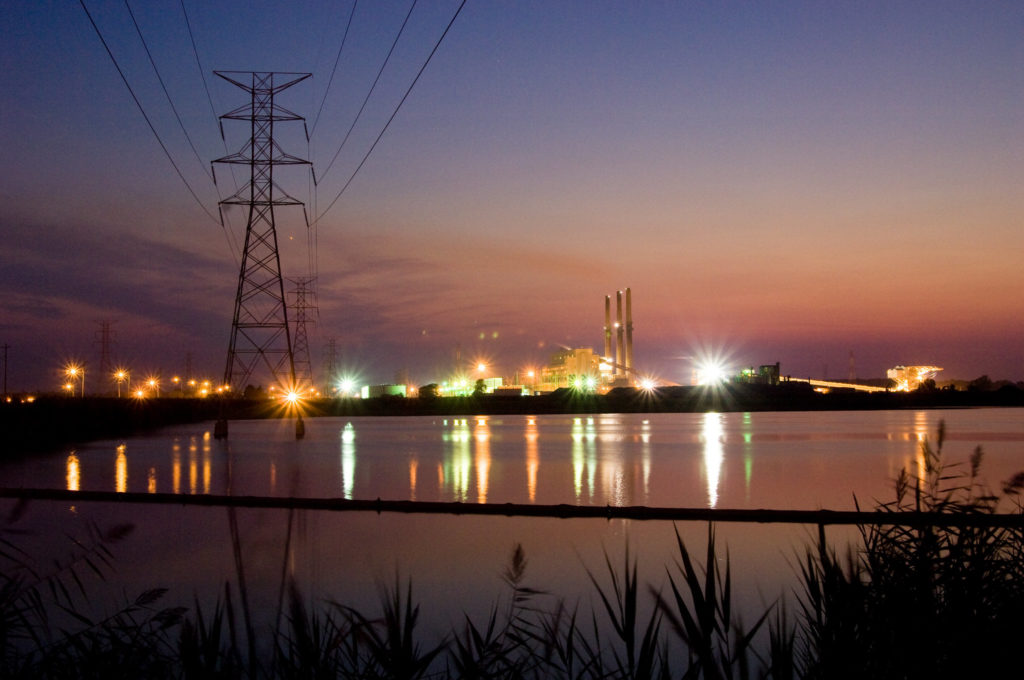
Tennessee Attorney General Jonathan Skrmetti joined a petition last week with more than 20 Republican state attorneys general to prevent the U.S. Environmental Protection Agency from considering race when regulating pollution.
The petition is only a request. But if it leads to action, it could have wide-reaching implications for vulnerable people in communities around the U.S. while paving the way for companies to profit from them.
The petition addresses Title VI in the Civil Rights Act of 1964, which bars discrimination based on race, color or national origin by recipients of federal funding. Discrimination under this law includes both intentional discrimination and “disparate impact” discrimination, which says actions that cause disproportionate harm to people of color are violating civil rights.
EPA has the authority to apply this law to cases of potential environmental racism: The agency can investigate whether it is discriminatory for state agencies to permit polluting facilities in communities of color already overburdened by pollution — given that discrimination is never announced as the official “intent,” the definition of “disparate impact” is the only way to address potential discrimination continuing today.
The conservative attorneys general want to remove this authority, which would effectively remove one hurdle for industries to construct new projects.
“Everyone should be alarmed by these outrageous efforts…and their attempts to eviscerate civil rights protections just to make it easier for industrial polluters to continue with business as usual,” Andre Segura, vice president of litigation at the environmental law nonprofit Earthjustice, said in a statement. “Many of the states that have signed the petition have historically allowed these harmful facilities to be placed in predominantly Black and brown communities, without regard for the health and safety of residents.”
There have been few cases of EPA enforcing its Title VI authority. But two years ago, EPA began investigating the system of permitting in an area dotted with petrochemical plants called “Cancer Alley” in Louisiana. That investigation, which was poised to create new reforms for the state’s environmental agency, stopped when the then state attorney general and now governor Jeff Landry sued EPA. He argued that considering race when siting industrial operations is a form of racism. In January, a federal judge temporarily blocked EPA from enforcing “disparate impact” rules.
Now, Tennessee and other states want the same.
“These regulations consider ‘disparate impacts’ to forward race-conscious ‘environmental justice’ initiatives,” reads a press release from Tennessee’s attorney general office about the petition, which echoed arguments used by the conservative majority of the U.S. Supreme Court to cut affirmative action.
Environmental racism has affected Tennessee
Industrial polluters stand to benefit from the petition. Industries implicated in EPA’s recent investigations include concrete batch plants, waste incinerators, plastic and petrochemical plants, water utilities, sterilization facilities, asphalt plants and automotive manufacturing. Historically, it has been relatively easy for these industries to set up shop in so-called “sacrifice zones.”
In Louisiana, there’s Cancer Alley. In Tennessee, there’s south Memphis. These communities of mostly Black people face disproportionately high cancer rates because of industrial pollution. For instance, a facility creating gases that sterilize medical equipment in south Memphis was emitting pollution at a level 200 times greater than what EPA defines as “acceptable.”
In the past few years, there have been legal efforts to prevent further pollution in these communities.
In 2019, two companies proposed building a new crude oil pipeline through Black neighborhoods in Memphis — and called the planned route the “point of least resistance.” Community protests followed, and the Southern Environmental Law Center filed a Title VI complaint with EPA on behalf of the group, Memphis Community Against Pollution, alleging discrimination based on disparate impact in permitting.
Giving polluters power
The Civil Rights Act has been threatened in this way before: During the last few days of Trump’s presidency, the Justice Department tried to change the interpretation of the same law that is being questioned now.
The new petition is only a request to EPA, but it amplifies conservative opposition to environmental justice initiatives.
It also follows a pattern in Tennessee of industrial polluters, especially fossil fuel entities, gaining power through the state government. Gov. Bill Lee has passed laws that preempt local governments from blocking fossil fuel projects and criminalize protests. He also passed a law that defines one fossil fuel as “clean energy.”

